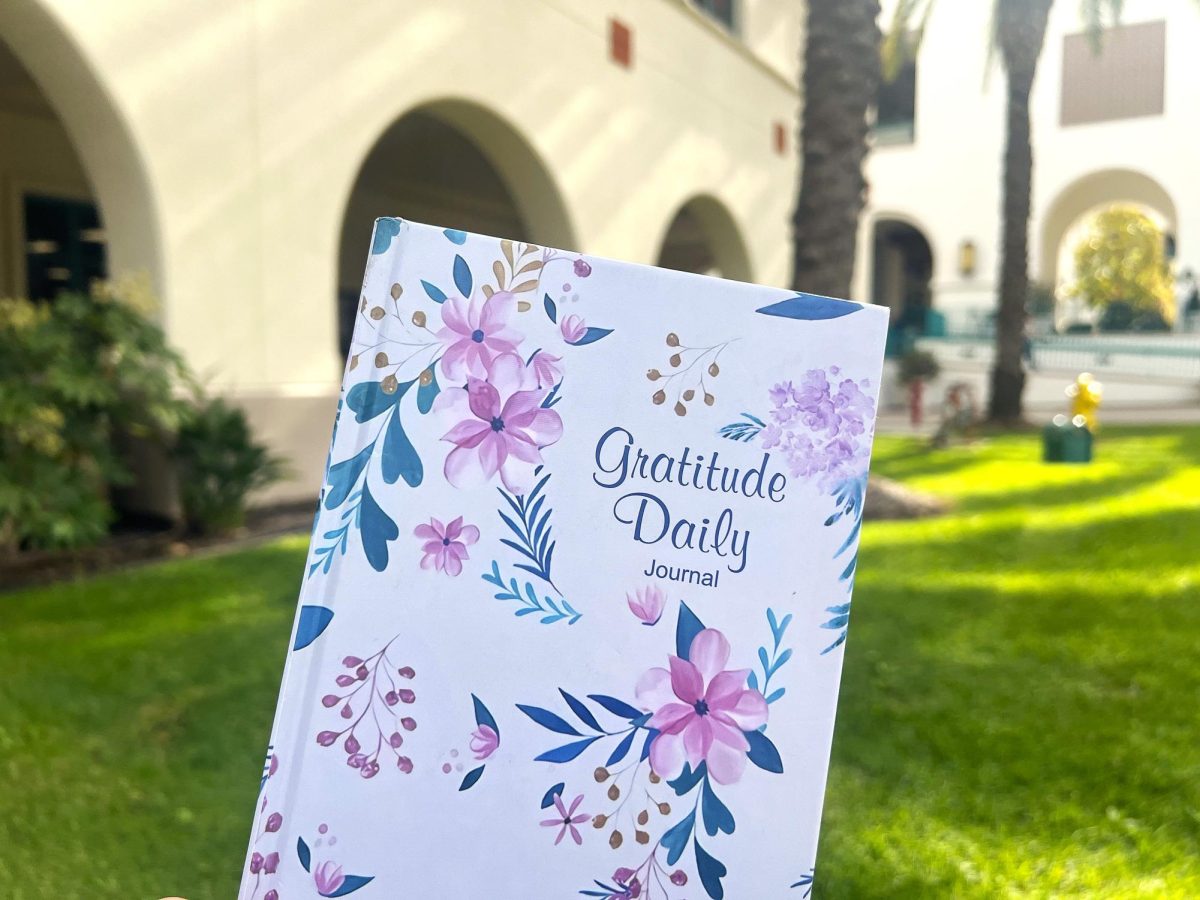When people think about time-traveling to the past, they worry about radically changing the present by doing something small, but rarely does anyone in the present think they can radically change their own future by doing something small. What could that something small be, you may ask? As a magic eight-ball might say, signs point to gratitude.
Gratitude is the appreciation of what is valuable and meaningful to oneself; it is a general state of thankfulness and/or appreciation. When you share one thing you’re grateful for at the Thanksgiving table, you are practicing gratitude. When you wake up in the morning and acknowledge the miniscule things you’re lucky to have in your life, you are taking part in this perspective-changing practice.
Gratitude is an imperative piece to the puzzle that makes up our overall well-being. With Thanksgiving just around the corner, the art of being thankful and practicing unconditional positive regard is more important than ever.
According to a gratitude study facilitated by Janice Kaplan on behalf of the Greater Good Magazine at UC Berkeley, although 90% of people describe themselves as grateful for their family and friends, only about half of individuals surveyed stated they expressed gratitude on a regular basis.
As someone whose default brain settings were previously set to pessimism, investing in an affirmations journal and reflecting daily on all of the seemingly trivial things I am lucky to have has helped me do a complete 180 with my mindset.
Seeing the value in simplicity has allowed me to let go of the bigger picture, slow down and live in the moment- something many college students don’t take the time to do in their busy day-to-day lives. If you struggle with finding the good, it may be worth it to practice mindfulness, which is being aware of your thoughts and perceptions without judgment. If you’re in the right headspace, incorporating gratitude becomes significantly easier.
In psychology, there are two main forms of motivation- approach and avoidance. The biological underpinnings of human behavior have a lot to say regarding what inspires an individual to hit the “start” button on a goal. Contrary to popular belief, much of what happens to you is within your control, and it has to do with the way you approach challenges.
Approach motivation is the mindset that you are working towards success. On the flip, avoidance motivation has you seeking to avoid failure. If you are studying for an exam with approach motivation, you are studying because you want to get a good grade and therefore mark it as a success. If you are studying for an exam out of fear of failure, you have already told your mind that the default outcome is negative before you’ve even started to work on it.
Self-determination is key to navigating these challenging thoughts and feelings, and the best way to start your personal mindset shift is to practice gratitude.
Each day, I sit down and write three things I am grateful for, three things that would make today great, and one positive daily affirmation to set the narrative. Each night, I take a few minutes to reflect, and I note down three things that were amazing, as well as one thing I could improve on. My journal has held me accountable, and at first I found myself having a hard time coming up with three highlights from my day- that is, until I stopped thinking so deeply and chose to appreciate the simple things in life. Sometimes I am grateful for something philosophically significant such as friendships and the opportunity to succeed; other nights, I am grateful for the overpriced latte I got earlier that morning, or the fact that I got to sleep in a few extra minutes.
If you’re looking to be more grateful this holiday season, you can start by investing in a journal (and if you’re not much of a pencil & paper person, feel free to designate a spot in your notes app). Sure, some of us are busy and may find it challenging to find the time to purposefully practice gratitude; however, there are easy ways to implement this mindset-shift in your daily routine. Spending just five minutes a day will help boost positivity, reduce anxiety and improve well-being. Setting daily affirmations and reflecting on each day promotes a growth mindset, as well as sets you up for success. Emerging adults everywhere can benefit from this practice. If you can’t write it down, at least listen to your favorite music and organize the thoughts in your head to set yourself up for a great day- and a great life.
So…here’s my advice: you cannot change your future, but you can change your habits, and surely your habits will change your future. Start practicing gratitude today, and you’ll feel the optimism slowly follow.








